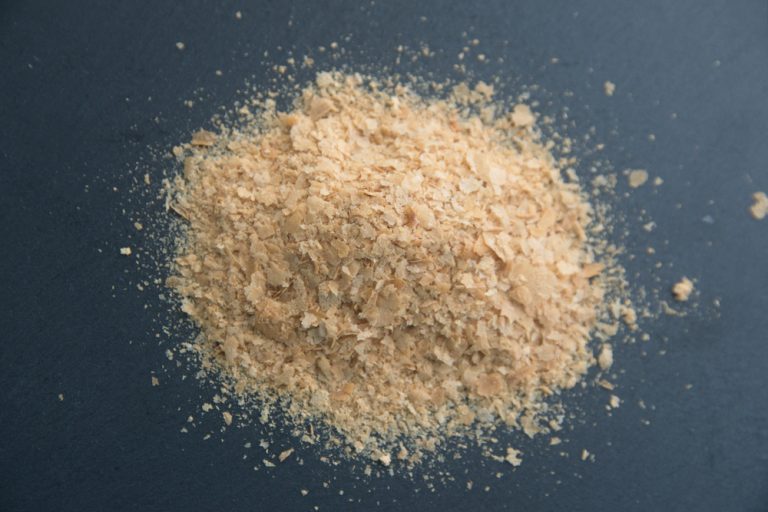Yeast belongs to the Saccharomyces Cerevisiae family. They are commonly called beer yeast, food yeast or baking yeast depending on how they are used, but it is the same type of single-celled organism. They carry out alcoholic fermentation by living in media that contain simple sugars.
Drinking yeast - what does it help with?
In recent years, Saccharomyces Cerevisiae has been used as a medicinal product in the form of supplements - yeast tablets - to strengthen the immune system. To show this effect, the preparations should be made from yeast cell walls containing β-glucan. Properly fragmented β-glucan shows bioactive properties acts as an antioxidant strengthens immunity and probably lowers blood cholesterol levels. Drinking yeast for improving hair, nails and complexion quality is also a common practice.
There are also some reports that brewer's yeast can help treat
- hay fever - a small number of studies show that taking 500 mg of a specific yeast preparation containing brewer's yeast taken for 12 weeks can reduce symptoms of allergic rhinitis during the pollen season
- diabetes - preliminary studies show that taking brewer's yeast for 8 weeks can lower blood sugar levels in people with diabetes and thus reduce the amount of diabetes medication taken
- diarrhoea
- loss of appetite
- irritable bowel syndrome
Unfortunately, at this time, the amount of evidence is insufficient to evaluate the effectiveness of food and brewer's yeast for the above ailments.
However, there are promising results for the use of yeast in relieving symptoms of premenstrual syndrome (PMS), where the use of special yeast preparations along with a complex of vitamins and minerals reduces PMS symptoms.
How to drink yeast?
How to prepare the yeast for drinking? Many people make the following mixture for drinking a cube of yeast sprinkled with 100 g of sugar and dissolved in boiling water.
Is it safe to drink this kind of yeast beverage?
It seems to be relatively safe in healthy people if the yeast cure is used for a short period of time. The effects of regular and long-term use are unknown.
Drinking yeast - effects
In some people, drinking yeast may give satisfactory and visible results. This may be due to their composition - they are a very good source of B vitamins. In addition, they contain a significant amount of:
- protein
- zinc
- iron
- magnesium
- potassium
- chromium
Drinking yeast - side effects
Some people may experience the negative effects of drinking yeast, such as headaches, discomfort in the digestive tract, and bloating. In addition, special care should be taken by pregnant and breastfeeding women, as there is not enough information regarding the oral use of yeast preparations in this group of people.
Supplementing yeasts, which are rich in chromium, can lower blood sugar levels and lead to hypoglycemia. Therefore, in people with diabetes taking hypoglycemic medications, blood glucose levels should be carefully monitored and a diabetes doctor should be consulted.
Antidepressants may interact with beer yeast, which contains tyramine and may contribute to increased blood pressure. Additionally, use extreme caution when taking antifungal medications and consult with your doctor before taking a yeast treatment.






